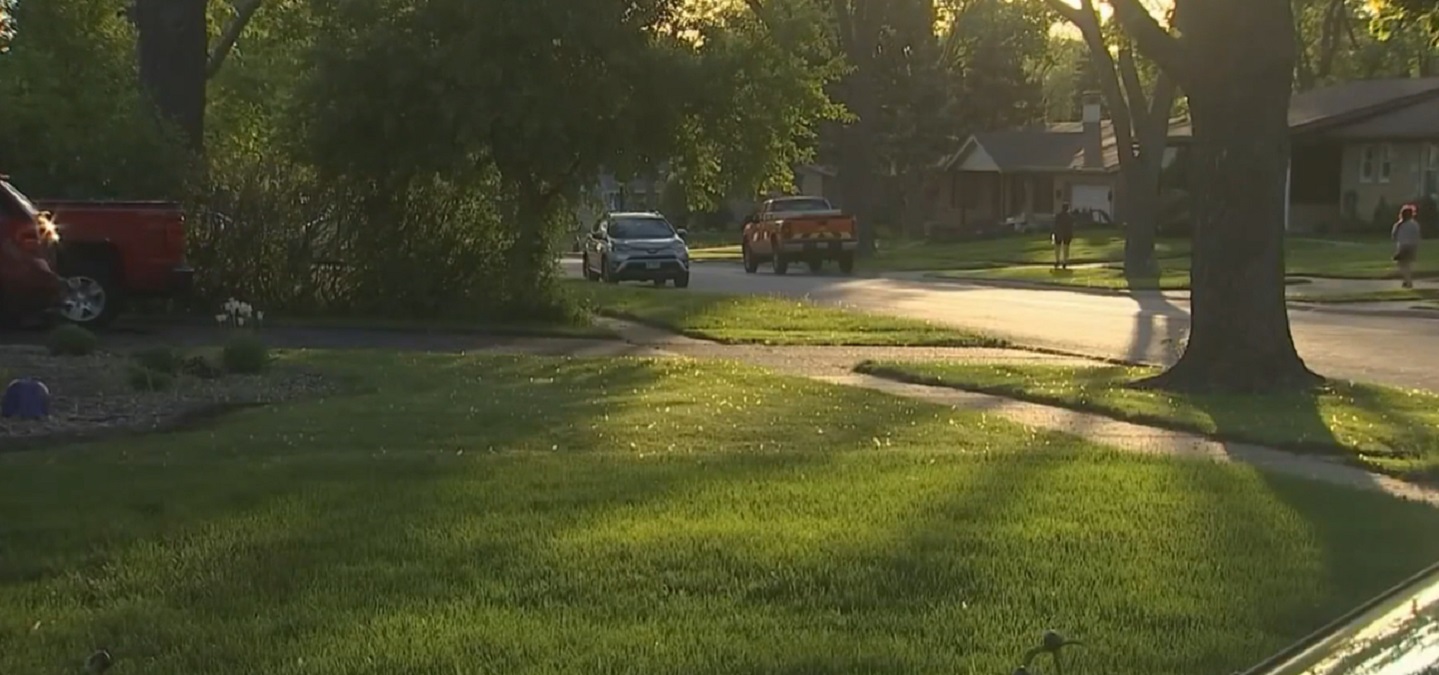With COVID cases starting to climb and hospitalizations showing signs of increase, many are wondering about their protection with the COVID vaccine and whether or not another booster shot is needed.
While some experts urge those are who not up-to-date on their vaccinations to consider doing so, for many, the guidance may be to wait a little longer.
Dr. Allison Arwady, who was relieved of her duties as the Chicago Department of Public Health's commissioner last week, discussed COVID vaccine boosters in a wide-ranging interview with NBC Chicago this week, and she urged Illinoisans to consider holding off on getting shots.
“You should wait. We anticipate a new vaccine will be available in late September or early October," she said. "That is going to be an update. That will be the newest version to help fight off omicron, the type of omicron subvariants we’re seeing more recently."
Illinois Department of Public Health officials say that new guidance is forthcoming, and explained that a specific change in formulation will lead to updated standards.
“The FDA has directed drug manufacturers to develop a new monovalent COVID-19 booster that targets the dominant XBB.1.5 strain of the virus,” officials said.
Guidance is expected from the CDC’s Advisory Committee on Immunization Practices in the coming weeks, according to a statement.
News
Arwady says that getting the most up-to-date booster is key to keeping COVID in check, and to maximize a patient's chances of preventing serious illness or hospitalization.
Feeling out of the loop? We'll catch you up on the Chicago news you need to know. Sign up for the weekly Chicago Catch-Up newsletter here.
"It’ll be important that everybody get that booster," she said. "That’s what helps get us through the fall. That’s what’s turned COVID even during this time of increased cases, we’re seeing zero to one deaths a day. We’re seeing handfuls of hospitalizations."
Currently, COVID booster shots and initial doses are formulated as “bivalent” vaccines, meaning they offer protection both against the original strain of COVID that impacted the U.S. in 2020, and the Omicron variants known as BA.4 and BA.5, which were the most-recent dominant strains of the virus.
The new monovalent vaccine doses will specifically target the XBB.1.5 strain, the latest dominant strain to impact the U.S., according to officials.
As a result, patients could potentially be advised to hold off on getting booster shots until more guidance is offered on the new monovalent doses, but guidance will vary based on an individual's health status, according to experts.
At the same time, CNBC reports health experts and initial data suggest the new shots will also be effective against the Eris, or EG.5, variant, along with other circulating variants.
"I think that these vaccines will provide very substantial protection against EG.5. Maybe just a little bit of loss, but it's nothing that I'm very concerned about," Dr. Mark Mulligan, director of the NYU Langone Vaccine Center, told CNBC. "It looks like we're going to be OK."
Most recent data from the CDC shows the EG.5 variant is currently the dominant variant in the U.S., making up 20.6% of cases.
As for current guidance for COVID vaccinations, anyone six months or older is encouraged to get a COVID vaccination. Those who are completely unvaccinated are urged to get a total of three doses of either the Moderna or the Pfizer BioNTech vaccine, with four weeks between each dose.
Anyone who has received their initial doses is recommended to get a bivalent booster dose of the vaccine, while those who are immunocompromised could potentially get a second booster if their doctor recommends it.
Those who have received doses of the Novavax vaccine are encouraged to get a bivalent booster shot from either Moderna or Pfizer, eight weeks after their last dose.
If you need information on your COVID vaccination history, you can visit Vax Verify through the IDPH, and you will receive that information.



